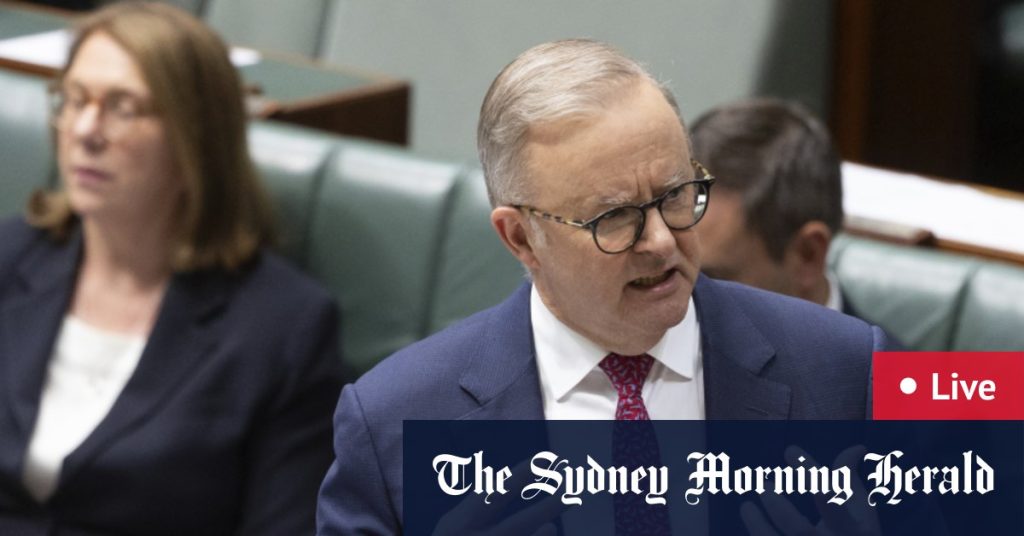Professor Bruce Bonyhady, a key figure in the development of the National Disability Insurance Scheme (NDIS), has addressed proposals to modify the scheme in order to increase its sustainability and potentially reduce costs. There have been discussions about making states contribute more to the $42 billion program, which has caused some pushback from state and territory leaders who feel they have been left out of the decision-making process. Bonyhady emphasized the importance of collaboration between all levels of government to ensure the ongoing success and growth of the scheme.
In a recent interview with RN Breakfast, Professor Bonyhady highlighted the need for continued cooperation among governments and political parties to support the NDIS. He stressed that the proposed changes were in line with a review he led, which aimed to create a more sustainable and equitable system of support for individuals with disabilities. Currently, there are concerns about the fairness of the existing system, with some individuals receiving inadequate support or facing inconsistency in decision-making processes. Bonyhady is hopeful that by working together, the NDIS can evolve to better meet the needs of those it serves.
The potential changes to the NDIS have sparked debate among stakeholders, with some state and territory leaders expressing uncertainty about the financial implications for their jurisdictions. Despite these concerns, Bonyhady reiterated the importance of finding a balance between cost-effectiveness and the delivery of high-quality services to individuals with disabilities. He emphasized the need for a system that allocates support based on individual needs, ensuring that all participants receive the assistance they require to lead fulfilling lives.
The NDIS has been a transformative program for individuals with disabilities in Australia, providing them with access to a range of supports and services tailored to their specific requirements. However, there have been ongoing challenges in maintaining the sustainability of the scheme and ensuring consistent decision-making processes. By implementing the proposed changes, it is hoped that the NDIS will become more efficient and effective in meeting the needs of its participants, while also addressing concerns about fairness and equality in service delivery.
Professor Bonyhady’s comments reflect a broader discussion within the disability community about how best to support individuals with disabilities and ensure they have equal opportunities to participate in society. The NDIS has been a significant step forward in this regard, but there is still work to be done to address existing gaps and improve the overall effectiveness of the scheme. By engaging in constructive dialogue and collaboration, policymakers and stakeholders can work towards enhancing the NDIS and creating a more inclusive and supportive environment for individuals with disabilities.
Ultimately, the future of the NDIS will depend on the ability of governments at all levels to work together to find solutions that balance financial sustainability with the delivery of high-quality services. Professor Bonyhady’s call for collaboration and cooperation among stakeholders is a reminder of the importance of putting the needs of individuals with disabilities at the forefront of decision-making processes. By continuing to engage in meaningful discussions and making thoughtful adjustments to the scheme, it is possible to create a more equitable and effective system of support for individuals with disabilities in Australia.


